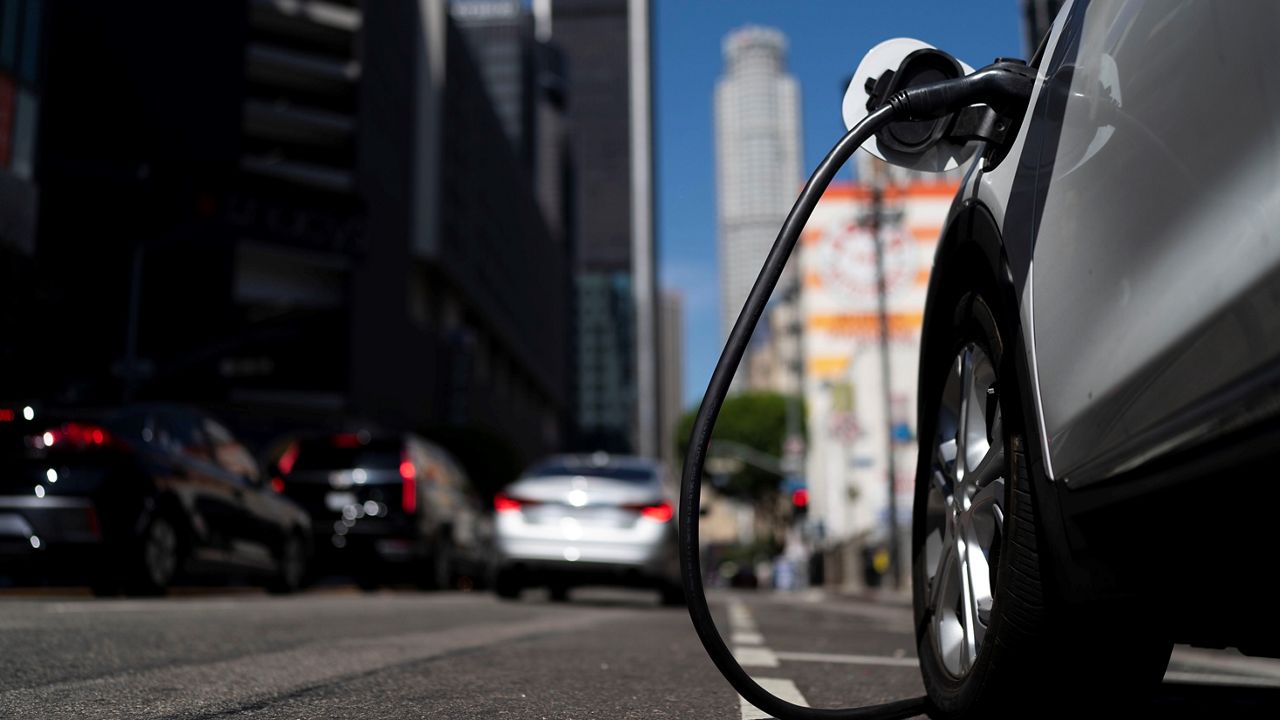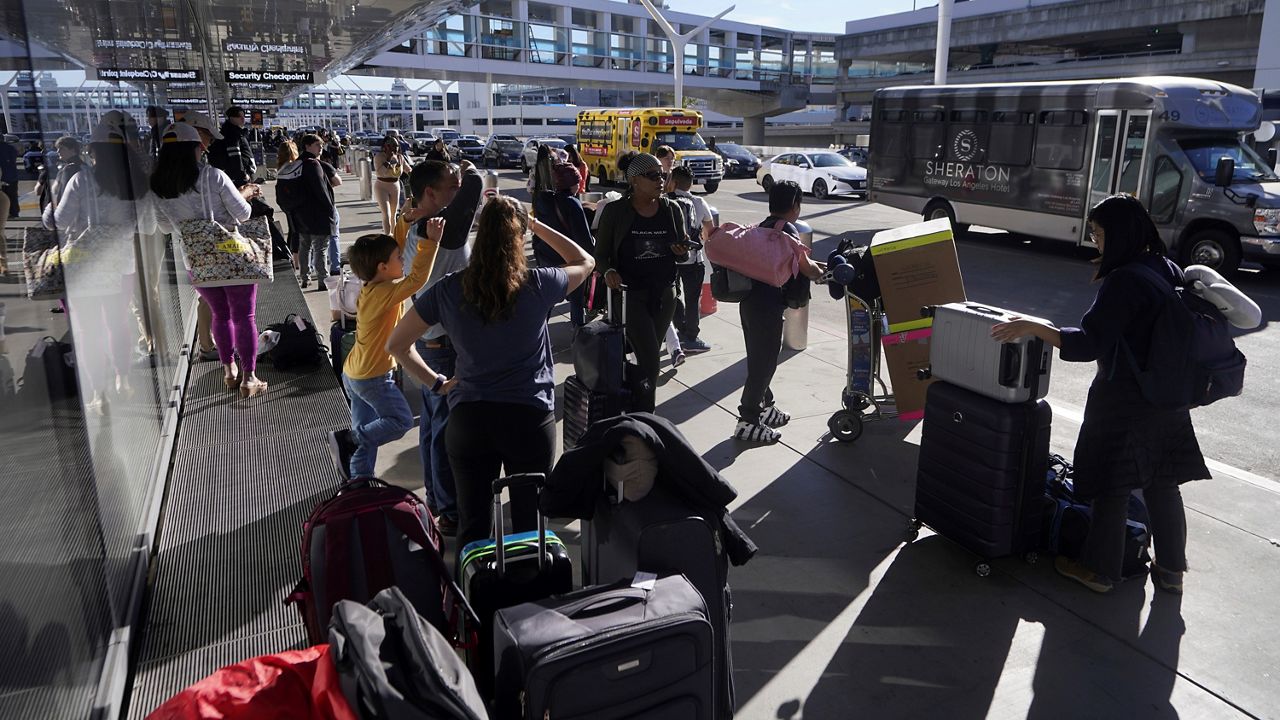The Biden-Harris administration will provide up to $100 million to replace or repair nonoperational electric vehicle chargers, the White House announced Wednesday. The funding comes amid recent reports that a large number of public chargers do not work.
“This funding represents the latest step toward building a convenient, affordable, reliable charging network that reaches every corner of our nation,” U.S. Transportation Secretary Pete Buttigieg said in a statement.
Buttigieg himself said he had experienced a nonoperational charger recently trying to power up his plug-in hybrid minivan.
Funded through the 2021 Bipartisan Infrastructure Law, the $100 million will be used to upgrade about 6,200 existing public chargers the government has classified as temporarily unavailable due to maintenance issues, vandalism or power problems. The funding can be used to repair both publicly and privately owned chargers as long as the chargers are available to the public.
There are more than 151,000 publicly available charging stations nationwide, 4.1% of which are temporarily unavailable, according to the White House.
A recent EV driver survey from the electric vehicle advocacy group Plug in America found that broken or nonfunctional chargers were a major difficulty or deal breaker for 14% of drivers, while a J.D. Power survey from August found customer satisfaction with public chargers has dropped to its lowest level since the research firm began its annual EV Experience Public Charging Study in 2021.
Skepticism about public charging availability is the No. 1 reason vehicle shoppers do not buy electric vehicles, J.D. Power noted.
The lack of available, and functioning, chargers could hamper the Biden Administration as it pursues a key goal in its efforts to transition the country away from gas-powered vehicles. Under new Environmental Protection Agency emissions rules, 66% of new passenger vehicles sold in the U.S. would need to be electric by 2032 — up from 7.2% today.
The $100 million infusion of funding to repair or replace nonoperational chargers exists alongside federal efforts to increase the number of publicly available EV chargers overall. As part of the National Electric Vehicle Infrastructure Formula Program, the Biden Administration has set aside $5 billion to help states build out their EV charging sites.








